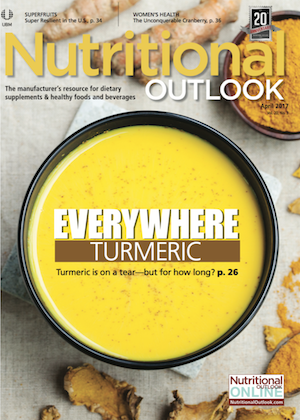2017 Phospholipids Science Update
New studies on krill oil, egg phospholipids, and phospholipid-based curcumin
Phospholipids are lipid molecules that are widely distributed in animals and plants and that make up the major constituents of cellular membranes. Part of what makes phospholipids unique is that they possess both hydrophilic and lipophilic properties. Forming the phospholipid bilayer of cell membranes, they exert influence on the types of molecules that can pass through the cell. These features also make phospholipids attractive as carriers for nutrients and chemicals.(1)
Complexing molecules with phospholipids has been shown to increase the absorption and bioavailability of otherwise difficult-to-absorb compounds. These methods are commonly employed in drug delivery systems and are gaining recognition in the nutritional supplement space as well. Furthermore, certain phospholipids (including phosphatidylcholine and phosphatidylserine) may possess unique therapeutic benefits of their own.
In addition, naturally complexed sources of phospholipid-containing molecules (such as krill oil and eggs) have shown important health benefits. Summarized here are some recent investigations into nutritional applications of phospholipids and their complexes.
References:
1. Li J et al., “A review on phospholipids and their main applications in drug delivery systems,” Asian Journal of Pharmaceutical Sciences, vol. 10, no. 2 (April 2015): 81â98
CLICK ON IMAGES TO VIEW SLIDESHOWPhoto © iStockphoto.com/Tenedos


























